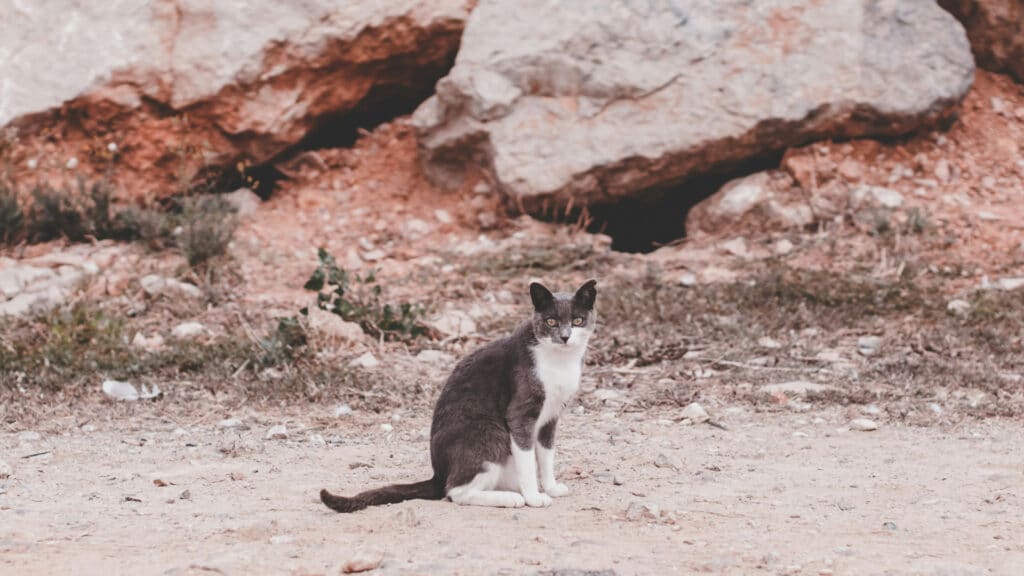
New Zealand plans to eliminate all feral cats by 2050. This move expands the country’s predator-free strategy and, according to officials, is needed to protect native species that did not evolve with cats as predators, the Guardian reported.
Conservation Minister Tama Potaka said feral cats are now part of the national predator eradication program, the first new addition since 2016. Some regions already control feral cats, but this change means there will be a coordinated national effort, including large-scale operations and research. More detailed plans are expected in 2026.
Feral cats are found all over New Zealand, with more than 2.5 million estimated in the country. Because New Zealand’s wildlife evolved without land-based mammal predators, cats have caused serious harm. Ground-nesting birds, lizards, and the country’s only native bats have all seen their numbers drop. On Rakiura Island, for example, feral cats have nearly wiped out the southern dotterel.
Potaka called feral cats «stone-cold killers» and put them in the same group as stoats, weasels, rats and possums, which are all known threats to New Zealand’s fragile ecosystems.
Controlling feral cats has often been controversial in New Zealand, where many people love cats. Previous efforts, such as limiting outdoor domestic cats and holding children’s shooting competitions for feral cats, faced strong public backlash. However, recent feedback to the conservation department shows that attitudes are changing. About 90% of people now support stronger feral cat management or including feral cats in the predator-free plan.













